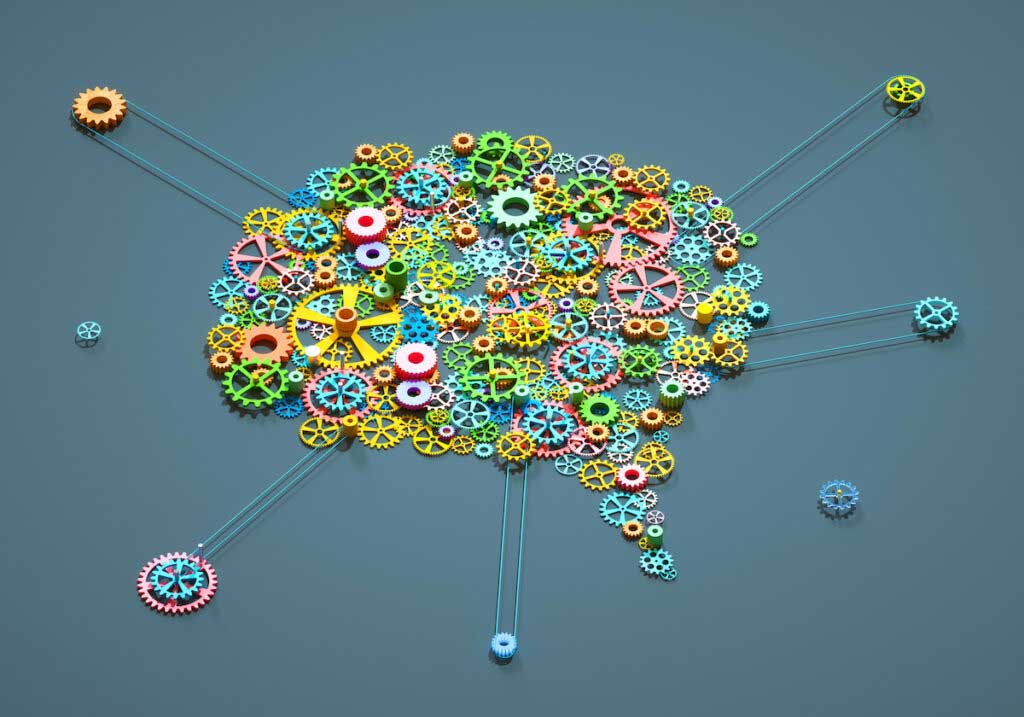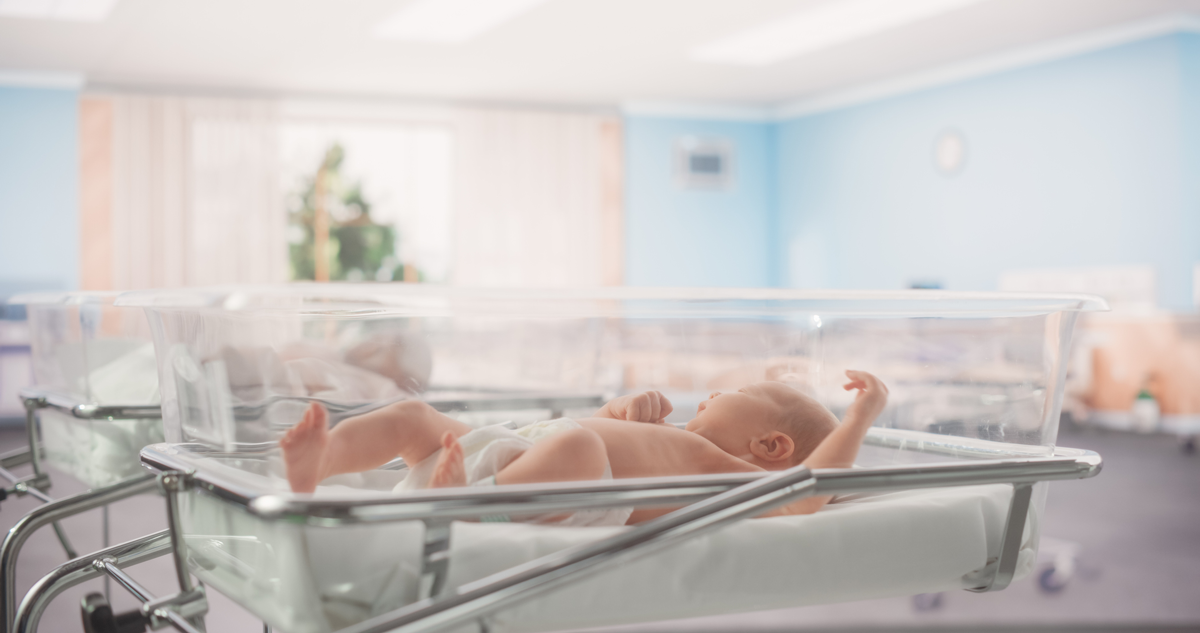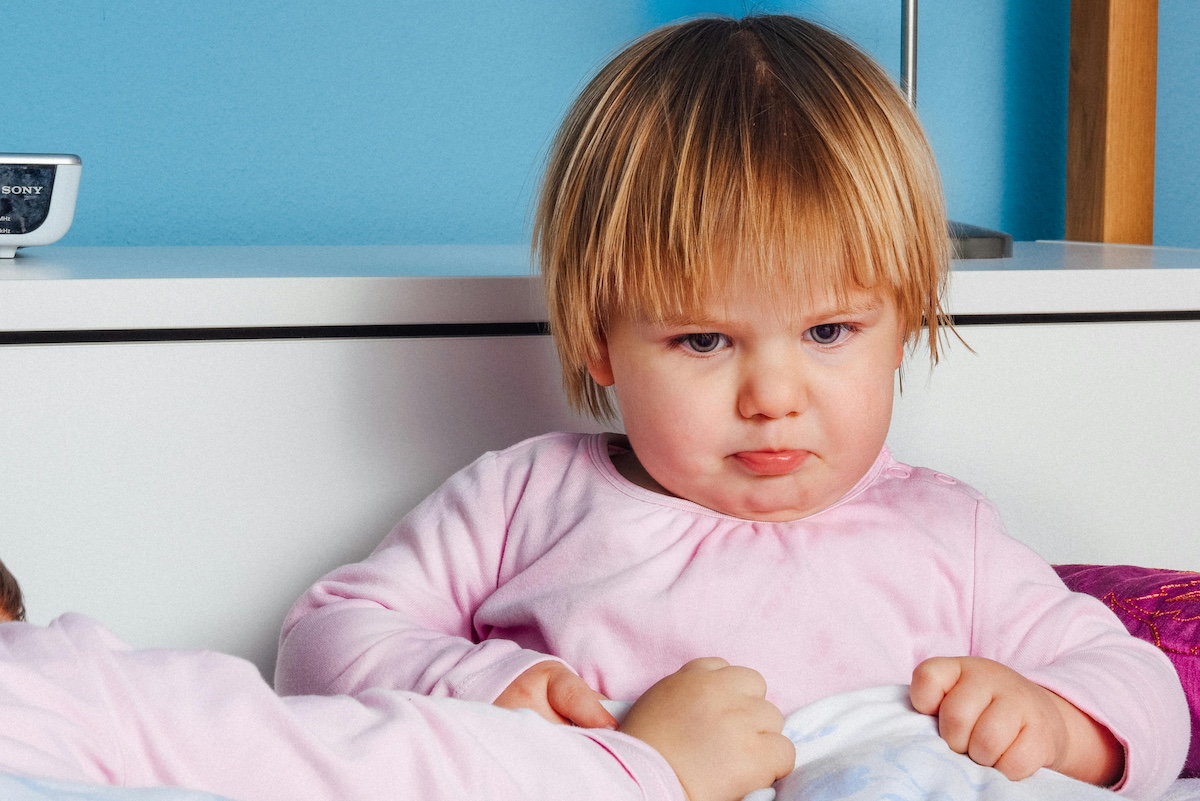The COVID-19 pandemic was a challenge for everyone – and parents bore a special burden. It was hard no matter the age of your children, but I suspect there’s been a special weirdness for parents of babies born during this time. If you got pregnant in November 2019, imagining large baby showers and grandparent visits and in-person child care, the pandemic threw a wrench into all of it. The first year of being a parent is always isolating, but the first year of pandemic parenting were even more so.
Which is why one thing parents of pandemic babies definitely did not need was the headlines covering this study about infant development during the pandemic. One example, from The Guardian: “Children born during pandemic have lower IQs, US study finds.” I got a number of anxious emails, most with a hint of confusion, as people looked at their six-month-old and wondered how, exactly, you’d know if they had a low IQ.
On its face, the results in this study are very concerning. The researchers do a number of analyses, but the top line is there are large negative effects of the pandemic on cognitive performance. In one of their main analyses, the reduction in IQ scores is 27 to 37 IQ points (on a mean of 100).
This effect can also be stated as a two-standard-deviation reduction in IQ. This is a very significant change. One way to frame it: this change would move a child from having an average IQ to the 5th percentile. Or another: this is about twice as large as the measured impact of being born at an extremely low birth weight (less than 2.2 pounds).
Given these findings, it is reasonable to be concerned. If they are correct, I’d go beyond that to say we should be literally panicking. But are they right? (Spoiler: no.)
Let’s start with what the study does.
The authors rely on an ongoing cohort of caregiver-child pairs, in Rhode Island, that began in 2009. For the purposes of this study, the important thing to know is that the children (and their caregivers) are periodically brought into a lab and their cognitive skills are evaluated. The study uses a system called the Mullen Scales of Early Learning, designed to evaluate the cognitive and motor development of even very small babies and convert that into IQ numbers. To greatly simplify: if your small baby seems good at babbling or understanding what people say or is a good sitter, they can get a higher development score, which will be converted to a higher IQ score.
(I should emphasize that the relationship between these scores and later IQ scores is somewhat weak, and also that IQ is a somewhat problematic measure. But anyway.)
With these scores, the authors do three things.
- First, they compare the overall scores for children between three months and three years of age evaluated between 2011 and 2021. They show huge reductions (27 to 37 IQ points) in the 2021 scores relative to earlier years.
- Second, they analyze 39 children who were born shortly before the pandemic and were evaluated both before and during the pandemic. They actually do not find any changes in IQ for this group.
- Finally, they compare children born in the year before the pandemic with those born during the pandemic year. This sample is about 400 children in total. The reductions in IQ (Model 5, Table 5) at the lowest level of maternal education range from a 49-point reduction to an 82-point reduction. An 82-point reduction in IQ is … unfathomably large.
Again, taken at face value, these results are worrisome. However — and I cannot stress this enough — they are completely implausible. There is absolutely no way that there was a reduction in IQ of 82 points as a result of being born during the pandemic. In fact, there is also no way there was a reduction of 27 IQ points. Even 15 seems impossible. IQ is just not malleable in this way. Extremely low birth weight is among the most significant reducers of IQ, and even that is a fraction of the size of these effects.
People sometimes ask me how I evaluate research papers, how I think about what a good study is versus less good. There is some science to it and some art, and it’s hard to point to everything. But one important question to ask is: Could this be right? Given other things we know about the world, is this effect plausible? The answer here is that it is not.
So what is going on in this paper if it is not a pandemic effect? I think there are two possibilities. One is selection of the people in the study. This is an in-person assessment, and the group of caregivers who are willing to bring their children into the lab may be different during the pandemic than before it. Normally I would lean on this explanation. However, the size of the effects are too large for that to explain much of it — even pretty extensive selection is not going to get you to 30 IQ points.
What I think is a more likely explanation is masks. The tests during the pandemic were done with the testing staff wearing masks. I’m not anti-masking! But it seems extremely plausible that infants and toddlers in a lab setting would have more trouble following verbal instructions and facial cues from a masked interviewer than an unmasked one. This is probably especially true since these babies would have mostly interacted with unmasked adults (i.e. their parents), so the masking may have been even more of a factor than it would be for an older child who was more used to it.
The authors mention this in the conclusion but do not make much of it. It might have been helpful to see a more detailed breakdown of the results by measures that could or could not have been impacted by masking. For example, some of the measures are things like whether the child can sit or roll over, which are likely less affected.
Maybe it’s not masks! I don’t know. That strikes me as the most obvious explanation, but without getting into the data, I cannot tell precisely. What I can tell you, based on what we know about IQ, is that the pandemic did not lower baby IQ by 82 points. It just didn’t.
You may ask: Could the pandemic affect the IQ of babies or children? Absolutely. Certainly we saw learning losses in school-age children, and it’s possible there could be some developmental effects in babies. Or not — it is less obvious we’d see these effects than school-age learning loss. It’s a question we should continue to ask and evaluate. My point is simply that we do not learn about it from this paper.
Community Guidelines













